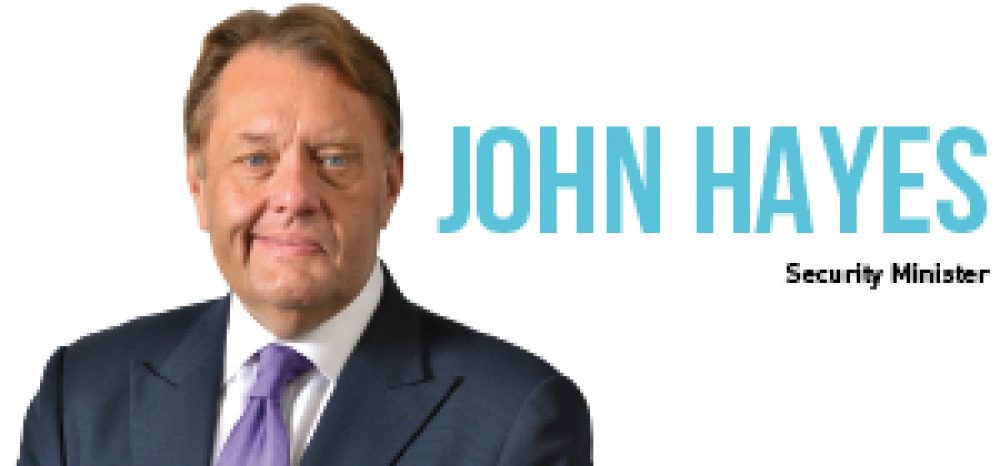Former Skills Minister and current holder of the security brief John Hayes reflects on why the sector needs to throw its support behind the prevent duty.
Each of us, all of us, can and should play our part in the struggle against the radicalisation of vulnerable young people and its disastrous effects, with universities and colleges being at the heart of the fight.
Extremism of all kinds poses a threat to our communities and neighbourhoods — whether far right, neo-Nazi or Islamist.
But in particular, we often hear the dogma that Muslims cannot live happily in the United Kingdom because the West is waging a war against Islam; that they should abandon their homes and families to live under Isil and have a twisted obligation to participate in terrorist acts.
As communities in the UK and across the globe have made clear, these views do not represent the values and teachings of Islam.
Indeed, they contradict all that peaceful, decent, observant Islam stands for.
The sad truth is that radicalisation has taken place in our academic institutions.
That is why we introduced the new prevent duty which, building on a pastoral tradition, will help protect people from the poisonous and pernicious influence of extremist ideas that are used to legitimise terrorism.
The safeguarding work of prevent has become more important because Isil and other terrorist and extremist groups seek to recruit and radicalise vulnerable young people here.
How universities and colleges balance the prevent duty with academic freedom is extremely important.
During the summer, we issued draft guidance following a full consultation with the higher and further education sector to ensure it is deliverable.
Listening to concerns raised on the issue, we amended the Counter-Terrorism & Security Bill during its parliamentary passage to make sure universities and colleges must, when carrying out the prevent duty, take steps to uphold freedom of speech.
The guidance makes clear that speakers with extremist views must not go unchallenged.
Universities and colleges represent one of the most crucial arenas for challenging extremist views and ideologies.
In my current role, and as a former Skills Minister, I have seen first hand the excellent work that colleges do to protect students from ideas that are used to legitimise terrorism.
Yet there remain misconceptions about prevent. It is not about spying on anyone, or criminalising Muslim communities.
Prevent intervenes only when there are genuine concerns that a person may be susceptible to recruitment or the propaganda of extremist groups.
A person is not an extremist because of what they wear or where they worship.
We are not asking colleges to end the open exchange of ideas; for students to be policed; or for critical thinking or political dissent to be banned.
I know that FE gives students the knowledge needed to develop a perspective on humanity and what lies beyond it.
There is absolutely no place for hate preachers at British colleges.







Very well-put article that shows John still has a better feel for, and knowledge of, Further Education than most MPs.